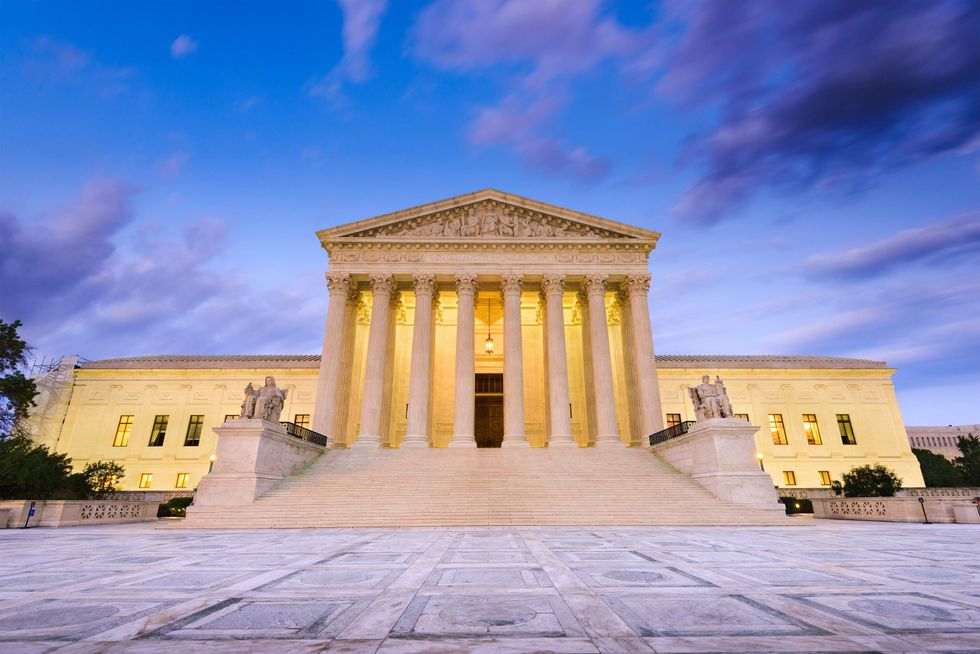
The Supreme Court justices will hear six important cases in their upcoming term, which begins Monday. (Sean Pavone /Getty Images)

The Supreme Court's new term began Monday, and the justices are expected to tackle several high-profile cases during what will be Justice Neil Gorsuch's first full term. Here are six important cases the justices plan to hear and the issues that will be affected:
Immigrants' rights
Sessions v. Dimaya
Jennings v. Rodriguez
Religious freedom/LGBT rights
Masterpiece Cakeshop v. Colorado Civil Rights Commission
Gerrymandering
Gill v. Whitford
Privacy rights and warrantless search and seizure
Carpenter v. US
Workers' rights
Janus v. American Federation of State, County and Municipal Employees, Council 31
Sara Gonzales
BlazeTV Host